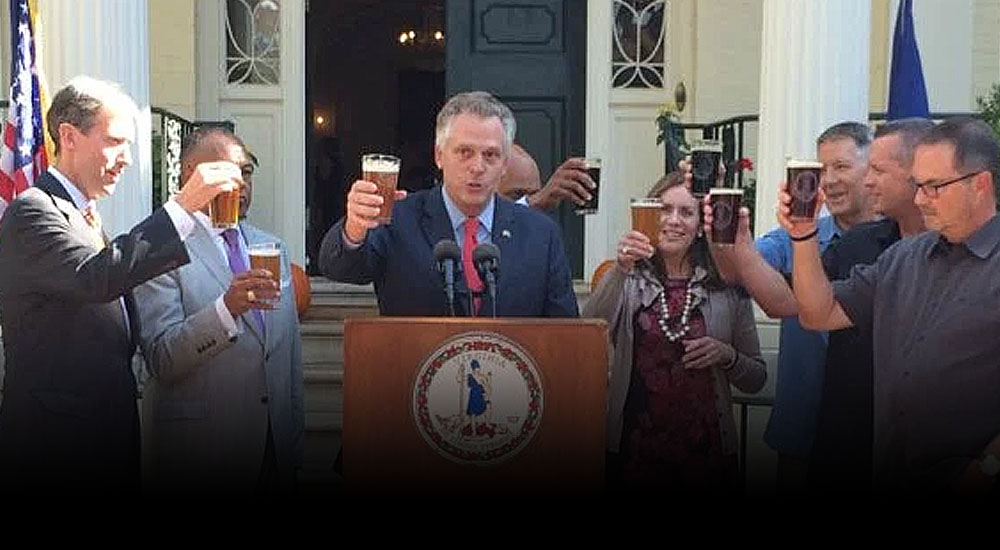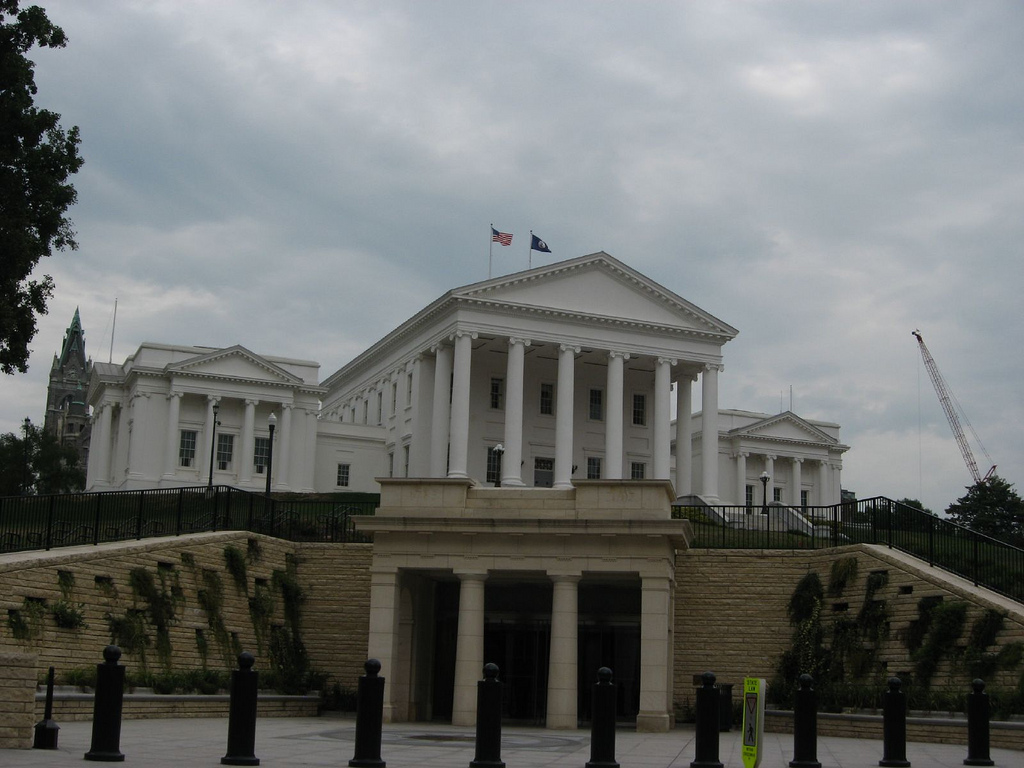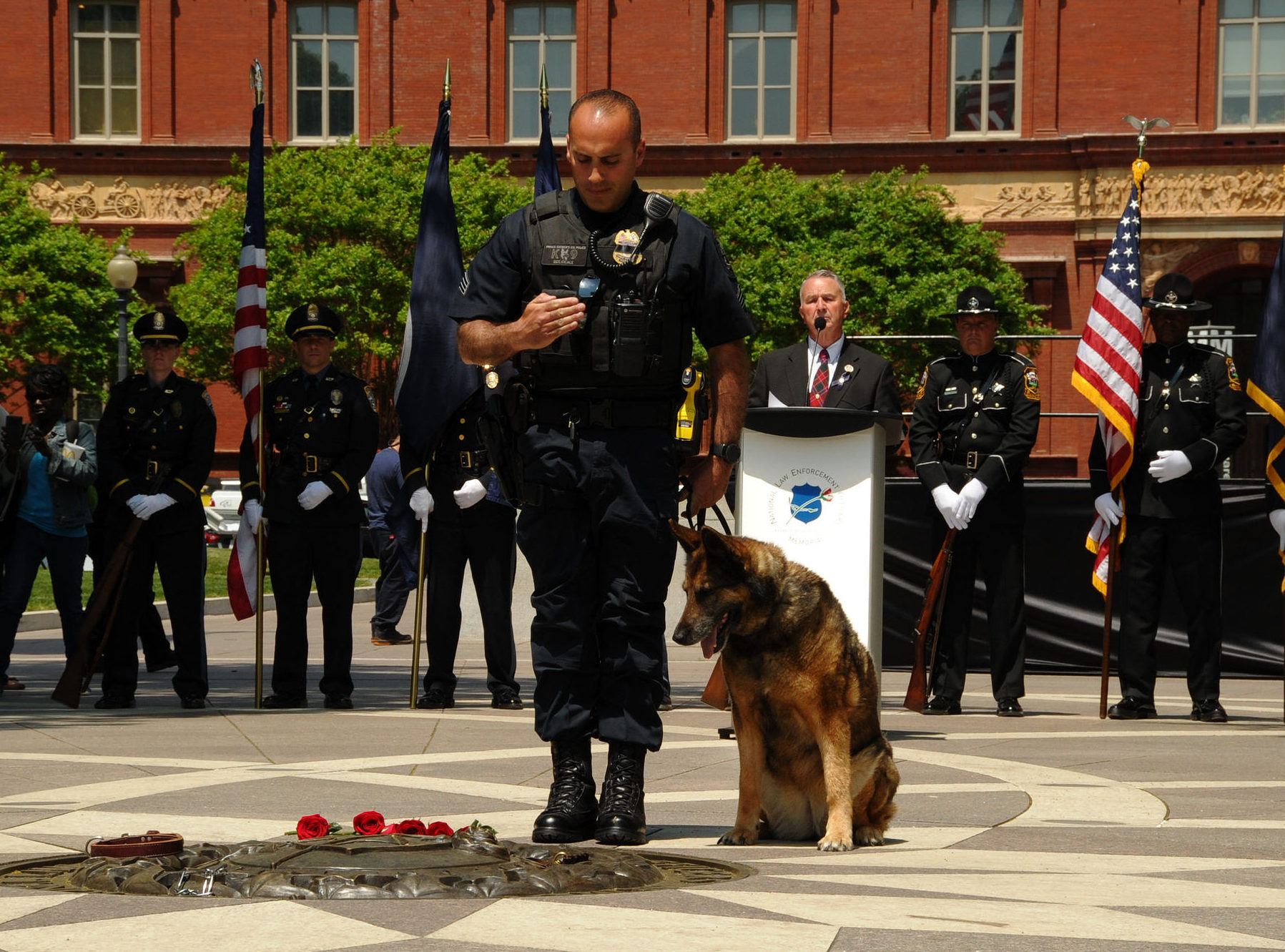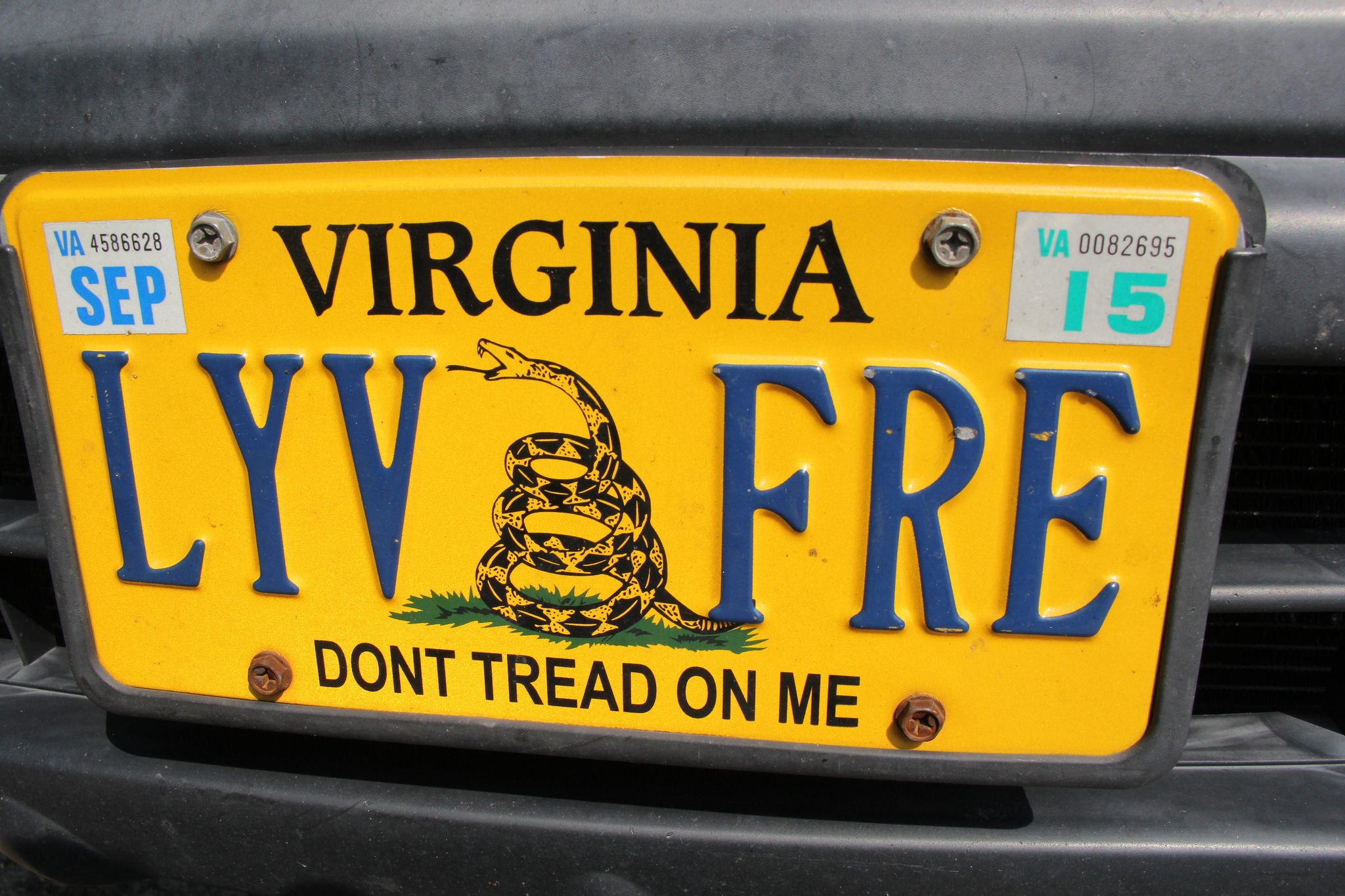In a heartfelt speech which has since racked up hundreds of thousands of views online, Delegate Margaret Ransone (R-Kinsale) spoke on her career, her accomplishments, and her service in the General Assembly following days of heated and uncivil debate over the ratification of the Equal Rights Amendment.
“I am a woman and I’m an elected member of the oldest legislative body in the New World, the Virginia House of Delegates,” opened Ransone. “Needless to say I’m very proud of that and I’m proud of how I got here.”
Ransone, in her eighth year as a delegate, helps manage her family’s oyster company, located in Kinsale, in Virginia’s Northern Neck.
Her voice breaking on occasion, Ransone rose to the floor on Tuesday following a heated committee hearing that morning in which she voted against ratification of the Equal Rights Amendment, saying it would be duplicitous of existing protections in the US and Virginia constitutions while potentially opening the door to taxpayer funding of abortion by court order.
In that hearing, Ransone said, attendees covered the ears of their young daughters when she began to speak, depriving the young women in attendance of the opportunity to hear both sides of the debate.
Ransone said feeling silenced was a low point in her public service career.
“Do you know as soon as I started to speak, mothers in the room who simply disagreed with my position covered their daughters ears, as a sign to me and to their daughters that in the political process you don’t have to listen to people who mom disagrees with. And, to be honest, it was a low my public service career because when I simply wanted to empower young women that message delivered from a Republican woman simply wasn’t worth hearing.”
“Well, today, I will deliver that message again, to the young women and to their mothers and to daughters, and even to the twenty seven women in this body. Never, never let anyone tell you that you need anything more than hard work, determination, heart, and a strong work ethic to be successful in life,” Ransone continued.
Earlier that day, several measures making Virginia the 38th state to ratify the Equal Rights Amendment failed in the House’s Privileges and Elections Subcommittee #1, which Ransone chairs, following earlier passage in the Senate. While the full Privileges and Elections committee could still report the resolutions, observers said the subcommittee recommendation was likely to be followed, resulting in the amendment’s failure this year.
The committee’s vote followed weeks of debate and rallies by supporters and opponents of the amendment, which grew increasingly heated as the session dragged on.
Ransone also dismissed suggestions that men had “bullied” her into voting a specific way.
“The men in this body, on both sides of the aisle, they respect me and they have become incredible friends to me, and I’ve earned their respect,” she continued, praising her colleagues. “They’ve embraced me, and they’ve embraced my opinions, and they believe in me. And that’s incredible.”
“They empower me to speak my mind just like I’m doing today.”
Responding forcefully, Ransone said her vote was hers alone, elaborating on why she felt the Equal Rights Amendment was not necessary.
“And as a strong independent woman it was my choice to vote against the ERA. Don’t misunderstand what I’m saying. Women deserve equal treatment. Women deserve to be paid fairly. Women deserve to have every opportunity in life. Just like a man does.”
“And thanks to the 14th Amendment and the Virginia Constitution violating any one of those is against the law.”
Ransone also warned that ratification of the measure currently before the General Assembly could lead to years of court challenges, as the Congressionally-imposed deadline for ratification passed in 1982, one decade after the amendment was approved on Capitol Hill and sent to the states.
Previously, in the 1939 case Coleman v. Miller, the Supreme Court ruled that Congress did have the authority to set a deadline for ratification.
Writing a majority opinion in a case concerning Kansas’ vote to ratify a child labor amendment, Chief Justice Charles Evans Hughes stated such a limitation was a “question for the political departments, with the ultimate authority in the Congress in the exercise of its control over the promulgation of the adoption of the amendment.”
Continuing the message she shared earlier in committee, Ransone closed by encouraging young women to follow their dreams and let nothing stand in their way.
“Never let anyone tell you that you need to wait on any law to be successful,” she said. “Nothing stopped any of us with hard work and determination and a big heart nothing’s going to stop you either.”
In the end, Ransone had the last word — turning what had been an attempt to silence her voice into a speech which went viral on the Internet.










